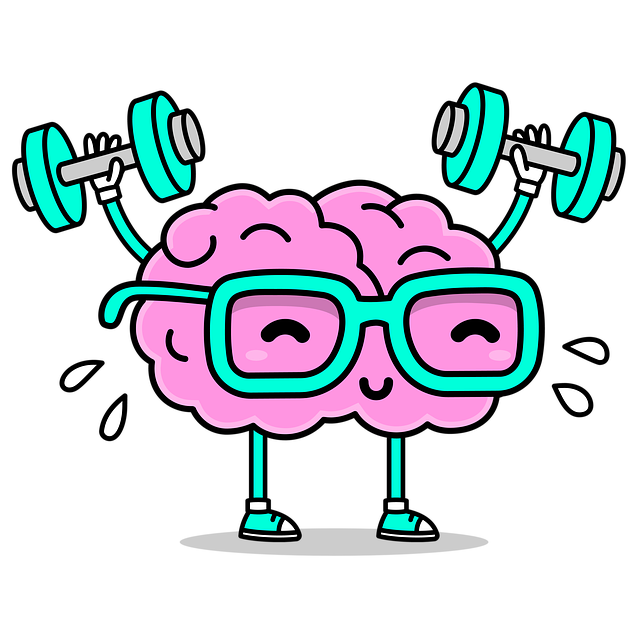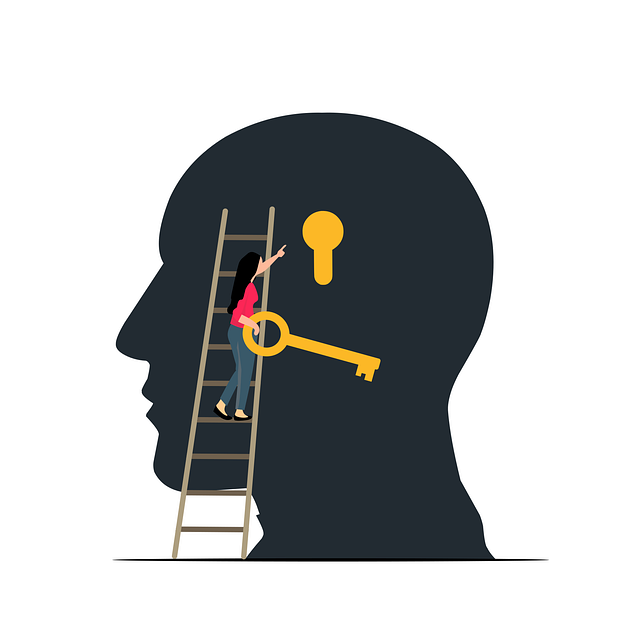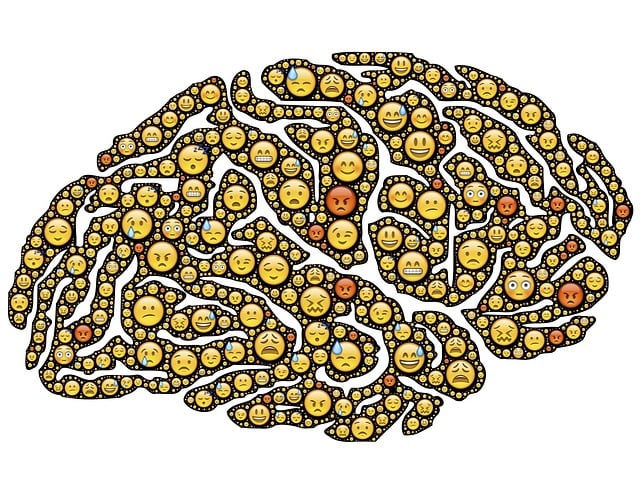Golden Oppositional Defiance Disorder (GODD) therapy focuses on mood regulation through cognitive behavioral techniques (CBT), mindfulness, and structured self-care routines. CBT identifies and challenges negative thought patterns, while mindfulness teaches present-moment focus and empathy. Cultural competency training and stress management enhance personalized care. Environmental modifications, lifestyle adjustments, and compassion cultivation practices create a supportive environment for long-term mood stability.
Mood regulation strategies are essential in managing conditions like Golden Oppositional Defiance Disorder (GODD). This article explores effective therapeutic approaches to address mood swings, offering insights into cognitive behavioral techniques, mindfulness and relaxation strategies, environmental modifications, and lifestyle changes. By understanding the impact of these strategies on GODD, parents and professionals can foster long-term mood stability for affected individuals, enhancing their overall well-being.
- Understanding Mood Regulation and its Impact on Golden Oppositional Defiance Disorder (GODD)
- Cognitive Behavioral Techniques for Managing Mood Swings
- The Role of Mindfulness and Relaxation Strategies in Therapy
- Environmental Modifications and Lifestyle Changes for Long-Term Mood Stability
Understanding Mood Regulation and its Impact on Golden Oppositional Defiance Disorder (GODD)

Understanding Mood regulation plays a pivotal role in managing Golden Oppositional Defiance Disorder (GODD). GODD, characterized by frequent and persistent opposition and defiant behavior, often stems from underlying emotional dysregulation. Effective therapy for GODD focuses on teaching individuals, especially children, healthy coping mechanisms to manage their emotions. By implementing mood regulation strategies, such as mindfulness techniques and cognitive behavioral therapies, healthcare providers can help foster emotional healing processes.
This approach is crucial in addressing the core symptoms of GODD, enhancing communication skills, and improving relationships within the family dynamic. Moreover, integrating cultural competency training for healthcare providers ensures a deeper understanding of the patient’s background, allowing for more personalized and culturally sensitive Golden Oppositional Defiance Disorder therapy. Effective stress management techniques are also integral to these processes, as they help individuals navigate challenging situations with greater resilience and adaptability.
Cognitive Behavioral Techniques for Managing Mood Swings

Cognitive Behavioral Techniques (CBT) offer powerful tools for managing mood swings and are particularly effective in Golden Oppositional Defiance Disorder (GODD) therapy. This approach focuses on identifying and challenging negative thought patterns that can trigger emotional disruptions. By teaching individuals to recognize and reframe distorted cognitions, CBT helps to stabilize moods and reduce the intensity of swings.
One key strategy is developing a structured self-care routine, which includes resilience-building activities. Encouraging regular exercise, adequate sleep, and healthy eating habits alongside CBT sessions can significantly enhance emotional regulation. This holistic approach, combining cognitive restructuring with proactive self-care, empowers individuals to navigate their moods more effectively, fostering better mental health outcomes over time.
The Role of Mindfulness and Relaxation Strategies in Therapy

Mindfulness and relaxation strategies play a pivotal role in Golden Oppositional Defiance Disorder (GODD) therapy, offering powerful tools to help individuals gain control over their emotions and behaviors. These techniques encourage patients to focus on the present moment, fostering a sense of calm and clarity. By practicing mindfulness meditation, deep breathing exercises, and progressive muscle relaxation, individuals with GODD can learn to recognize triggers and develop healthier coping mechanisms. This is particularly beneficial in managing anger and frustration, common challenges faced by those diagnosed with this disorder.
In therapy sessions, incorporating empathy-building strategies alongside these relaxations techniques can create a supportive environment. Mental wellness coaching programs often utilize these methods to enhance self-awareness and promote positive behavior changes. Conflict resolution techniques, learned through mindfulness exercises, empower individuals to navigate challenging situations more effectively, improving their overall mental wellness and relationships.
Environmental Modifications and Lifestyle Changes for Long-Term Mood Stability

Creating a supportive environment is crucial for long-term mood stability, especially for individuals managing conditions like Golden Oppositional Defiance Disorder (GODD). Environmental modifications play a significant role in regulating emotions and can be a powerful tool in therapy. Simple changes such as organizing one’s living space, introducing calming colors and textures, or adding elements of nature can significantly impact an individual’s overall well-being. A structured and comfortable environment can reduce stress and trigger points, making it easier to manage mood swings.
Lifestyle adjustments are equally vital. Incorporating regular exercise, maintaining a balanced diet, and prioritizing quality sleep are evidence-based practices that contribute to emotional resilience. These lifestyle changes, often integrated into comprehensive therapy plans, offer effective Crisis Intervention Guidance. Additionally, compassion cultivation practices have shown promise in enhancing emotional regulation skills and can be learned through Trauma Support Services. By combining these strategies, individuals can develop a robust toolkit for managing their moods over the long term.
Golden Oppositional Defiance Disorder (GODD) can significantly impact a child’s life, but understanding and implementing effective mood regulation strategies offer a promising path to improved outcomes. Integrating cognitive behavioral techniques, mindfulness practices, environment modifications, and lifestyle changes empowers both children and therapists to manage GODD symptoms proactively. By employing these evidence-based approaches, parents and caregivers can foster healthier emotional responses and enhance the overall well-being of children affected by this disorder, paving the way for a brighter future.













